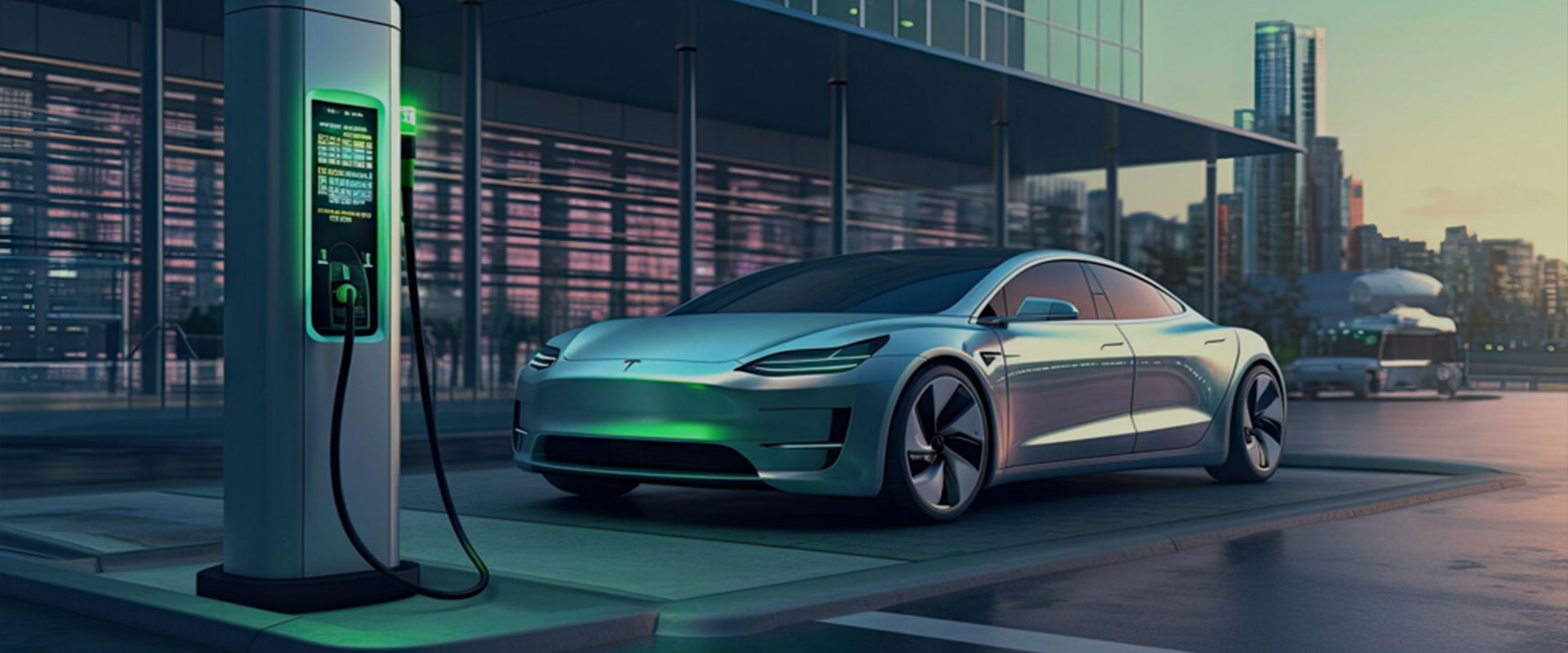India's electric vehicle (EV) market is experiencing a significant transformation, driven by a confluence of government initiatives, technological advancements, and shifting consumer preferences. As the country strives towards its sustainability goals, the EV sector emerges as a pivotal component in reducing carbon emissions and dependence on fossil fuels.

Introduction
Evolution and Competitiveness of the EV Market in India
The Indian EV market has evolved from a nascent industry to a dynamic sector characterized by rapid growth and increasing competitiveness. Early adoption was primarily seen in two-wheelers and three-wheelers, catering to urban last-mile connectivity. However, with the influx of global players and domestic innovations, the market now encompasses electric cars, buses, and commercial vehicles. The competitive landscape is intensifying, with both established automakers and new entrants vying for market share.
Current State of the EV Market in India
As of mid-2025, India's EV market is witnessing robust growth. In the first half of 2025, electric vehicle sales in Odisha experienced a significant increase due to enhanced EV infrastructure, rising environmental awareness, and government subsidies. Data from regional transport offices shows a 50% surge in four-wheeler EV sales and a 39% rise in two-wheeler EV sales compared to the same period in 2024. The market is characterized by a diverse range of offerings across various segments, including two-wheelers, three-wheelers, and passenger vehicles. The charging infrastructure is expanding, albeit at a pace that needs to match the growing number of EVs on the road.
Drivers of the EV Market in India
Several factors are propelling the growth of the EV market in India:
- Government Incentives: Initiatives like the Faster Adoption and Manufacturing of Hybrid and Electric Vehicles (FAME) scheme and the PM E-DRIVE Scheme have provided financial support to both manufacturers and consumers.
- Environmental Awareness: Increasing concerns over air pollution and climate change have led consumers to opt for cleaner mobility solutions.
- Technological Advancements: Improvements in battery technology have enhanced the range and affordability of EVs, making them more accessible to the average consumer.
- Policy Support: State-level policies offering subsidies and incentives have further bolstered EV adoption.
Key Market Players Shaping the EV Industry
The Indian EV industry is witnessing participation from both domestic and international players:
- Tata Motors: A frontrunner in the electric passenger vehicle segment with models like the Nexon EV.
- Mahindra Electric: Known for its e2o Plus and eVerito models, catering to urban commuters.
- Ather Energy: A prominent player in the electric two-wheeler segment with its Ather 450X scooter.
- Olectra Greentech: Leading the electric bus segment with its eBuzz K9 model.
- Global OEMs: Companies like Hyundai, MG Motor, and Toyota have introduced electric models tailored for the Indian market.
Key Players in the Indian EV Industry
In addition to OEMs, several other entities play a crucial role:
- Battery Manufacturers: Companies like Exide Industries and Amara Raja Batteries are pivotal in supplying lithium-ion batteries.
- Charging Infrastructure Providers: Firms such as Tata Power and Fortum are expanding the EV charging network across the country.
- Fintech Companies: Startups are emerging to address financing and resale challenges in the EV sector.
Challenges Faced by India in EV Adoption
Despite the positive trajectory, several challenges persist:
- High Initial Costs: The upfront cost of EVs remains higher compared to conventional vehicles, deterring potential buyers.
- Charging Infrastructure: While expanding, the charging network is still insufficient, leading to concerns over range anxiety.
- Supply Chain Constraints: Dependence on imports for critical components like batteries poses risks to the supply chain.
- Financing Barriers: Limited access to affordable financing options hampers widespread adoption.
Opportunities in Emerging Technologies
The evolving EV landscape presents several opportunities:
- Battery Recycling: Establishing robust battery recycling mechanisms can address environmental concerns and supply chain issues.
- Vehicle-to-Grid (V2G) Technology: Integrating EVs with the power grid can enhance energy storage solutions and grid stability.
- Autonomous Driving: The development of autonomous EVs can revolutionize urban mobility and reduce traffic congestion.
- Smart Charging Solutions: Implementing AI-driven charging infrastructure can optimize energy consumption and reduce costs.